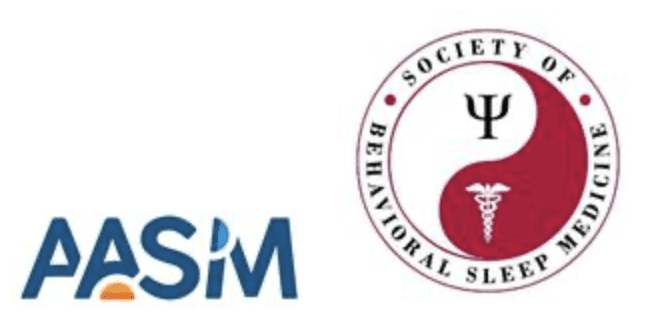Search Posts
Recent Posts
- U.S. Carries Out Limited Strike on Iran’s Known Nuclear Sites June 22, 2025
- A Greener View: E. Coli vs. Vegetables, and Your Garden – Jeff Rugg June 22, 2025
- Rhode Island Weather for June 22, 2025 – Jack Donnelly June 22, 2025
- Ask Chef Walter: The Art and Science of Baking – Chef Walter Potenza June 22, 2025
- Gimme’ Shelter: Aurora is waiting for a home at the Providence Animal Control Center June 22, 2025
Categories
Subscribe!
Thanks for subscribing! Please check your email for further instructions.

How’d you sleep? Survey shows 12% of Americans have chronic insomnia.
In a new survey commissioned by the American Academy of Sleep Medicine, 12% of Americans said they have been diagnosed with chronic insomnia. In June the 11th annual Insomnia Awareness Night was held by the American Academy of Sleep Medicine and the Society of Behavioral Sleep Medicine to drive awareness of chronic insomnia and its treatments.
In Rhode Island, 12% of our adult population would mean 94,000 of us struggle with sleep.
What is insomnia and its symptoms?
Insomnia involves difficulty falling asleep or staying asleep, or regularly waking up earlier than desired, despite allowing enough time in bed for sleep. Symptoms associated with insomnia include daytime fatigue or sleepiness; feeling dissatisfied with sleep; having trouble concentrating; feeling depressed, anxious or irritable; and having low motivation or low energy.
“Chronic insomnia impacts not just how a person sleeps at night, but also how they feel and function during the daytime,” said Dr. Eric J. Olson, president of the AASM. “Fortunately, there are effective treatment options for those who are living with chronic insomnia, and these treatments can significantly improve both health and quality of life.”
Chronic insomnia can be detrimental to physical, mental and emotional health, negatively affecting overall wellness and daily functioning. Additionally, chronic insomnia can lead to increased risks for depression, anxiety, substance abuse, motor vehicle accidents, Alzheimer’s disease and Type 2 diabetes.
Recommended Treatment
The most effective treatment for chronic insomnia is cognitive behavioral therapy for insomnia, which combines behavioral strategies, such as setting a consistent sleep schedule and getting out of bed when you are struggling to sleep, with cognitive strategies, such as replacing fears about sleeplessness with more helpful expectations. CBT-I recommendations are customized to address each patient’s individual needs and symptoms. While six to eight sessions are typical, some patients improve more quickly.
Insomnia is not the same as sleep apnea, and your medical professional will more than likely want to rule sleep apnea in or out of the sleep situation.
“Cognitive behavioral therapy offers patients who are experiencing chronic insomnia a highly personalized plan to help identify any underlying problems and provide long-term solutions that promote healthy sleep,” said Michael Nadorff, a licensed psychologist and president of SBSM.
For more information about sleep and sleep disorders, visit SleepEducation.org.
Talk to your doctor if you have trouble falling asleep or staying asleep. Your doctor may refer you to a CBT-I professional or an AASM-accredited sleep center for help.

About the Survey
American Academy of Sleep Medicine commissioned an online survey of 2,006 adults throughout the United States. The margin of error for the overall sample is +/- 2 percentage points with a confidence level of 95 percent. Fieldwork took place between May 16 and May 24, 2024, by Atomik Research, an independent market research agency. Results from the AASM Sleep Prioritization Survey are available in the AASM newsroom.
About the American Academy of Sleep Medicine
Established in 1975, the AASM advances sleep care and enhances sleep health to improve lives. The AASM has a combined membership of 12,000 accredited sleep centers and individuals, including physicians, scientists and other health care professionals who care for patients with sleep disorders. As the leader in the sleep field, the AASM sets standards and promotes excellence in sleep medicine health care, education and research (aasm.org).
About the Society of Behavioral Sleep Medicine
The SBSM is an interdisciplinary organization committed to advancing the scientific approach to studying the behavioral, psychological and physiological dimensions of sleep and sleep disorders and the application of this knowledge to the betterment of individuals and societies worldwide (https://www.behavioralsleep.org/).
